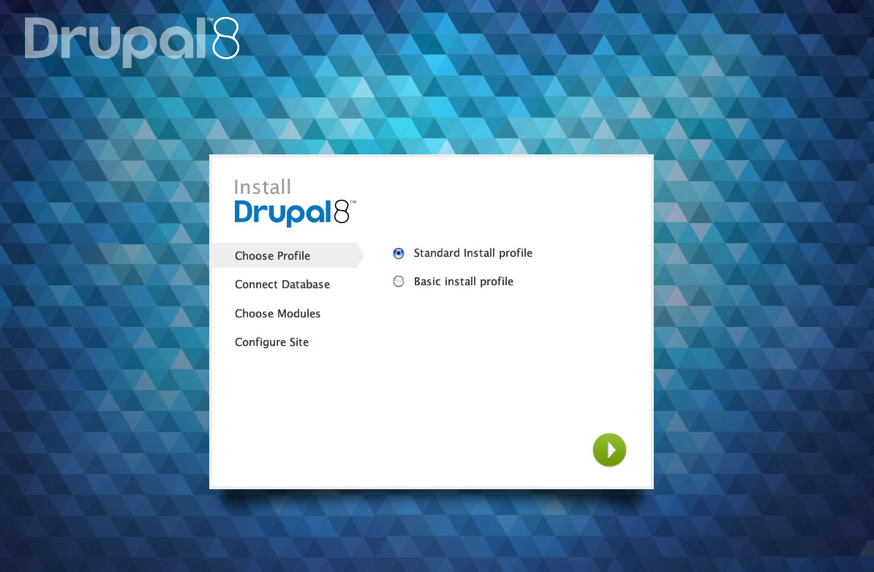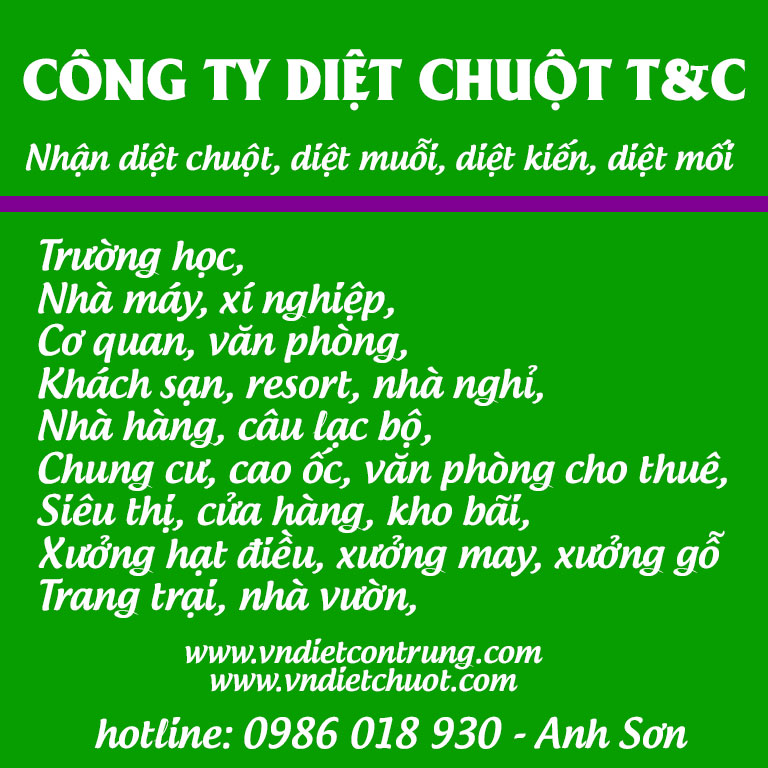The D8 plugin system provides a set of guidelines and reusable code components to allow developers to expose pluggable components within their code and (as needed) support managing these components through the user interface. The plugin system has three base elements:
Plugin Types
The plugin type is the central controlling class that defines how the plugins of this type will be discovered and instantiated. The type will describe the central purpose of all plugins of that type; e.g. cache backends, image actions, blocks, etc.
Plugin Discovery
Plugin Discovery is the process of finding plugins within the available code base that qualify for use within this particular plugin type's use case.
Plugin Factory
The Factory is responsible for instantiating the specific plugin(s) chosen for a given use case.
1.) What are plugins? Why plugins?
Plugin types are to Drupal essentially Object Oriented info hooks. When we dissect the typical info hook what we generally find is an informational procedural bit of code that usually implies some sort of relation to a bunch of other hooks. Taking hook_block_info() as an example we have hook_block_save, hook_block_view, and a number of other hooks as well. The plugin encapsulates all of these "block" hooks as methods of a block plugin and imparts to us all the benefits of an OO approach to that problem space.
2.) Pluging vs. Hooks: Explain why the actual module system (~ 7.x) cannot accomplish some needs
I think my answer in 1 effectively answers this too, but to be explicit: "There's nothing we're doing here that can't be accomplished in hooks beyond the typical OO constructs that aren't available to procedural functions (like inheritance of abstract classes and enforcement of methods being present)." In short, plugins are an OO replacement for info hooks and any hook associated with an info hook. At the same time, they provide a much more robust mechanism for replacement of logic, which is something we could not do previously. With plugins you can actually swap a class for a particular plugin and run completely different code than what core or a contrib module provided, which is incredibly useful.
3.) Samples of pluggable components: past vs. future.
Give at least one example of pluggable component in D7, how was implemented the plugin till now. How will be implemented the same feature in D8 using Plugin API. What are the benefits?
Again, I think I sort of began answering this already with my blocks example, but I'll dive in further.
Blocks used to have hook_block_info() and then a number of block hooks beyond that. When block info was replaced by the block plugin type, all of those block hooks became methods of the plugins representing each block. We build an abstract block class that provides sane defaults for all of the core provided blocks and their methods, and then block plugins only override the methods they specifically need to provide for. A good example of this is hook_block_view() vs BlockBase::blockBuild(). The blockBuild() method is going to look very similar to hook_block_view() (at least at this current stage of the D8 cycle) but each of these are in the class that is responsible for them instead of being in a module hook with a case statement looking at module/delta. At the same time, we got a hook_block_alter() function for modules to implement. This essentially replaces hook_block_info_alter() and goes further still allowing you to do more than just manipulate the data representing a give block or blocks in the UI. This hook allows you to actually swap out the class that runs a block, so you have complete control over the final product in this regard. Customization of a block can be done in MANY other ways, this is just the ultimate override in a sense and is one of the many advantages of using plugins.































